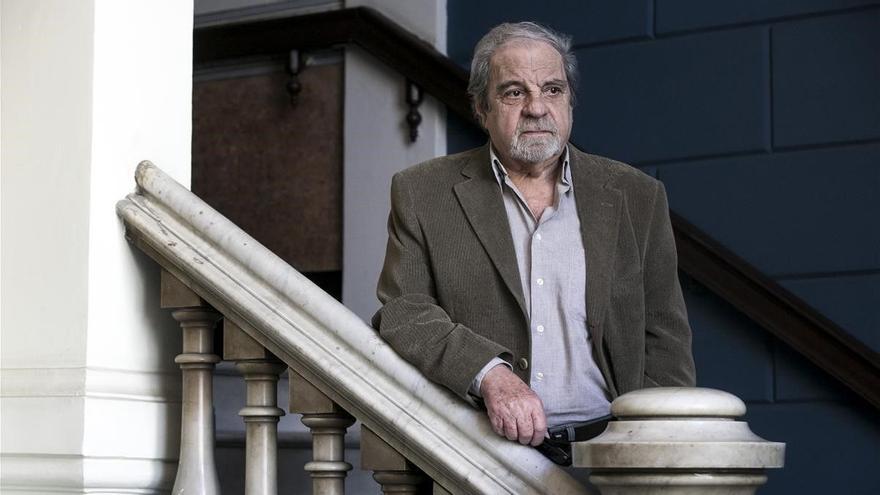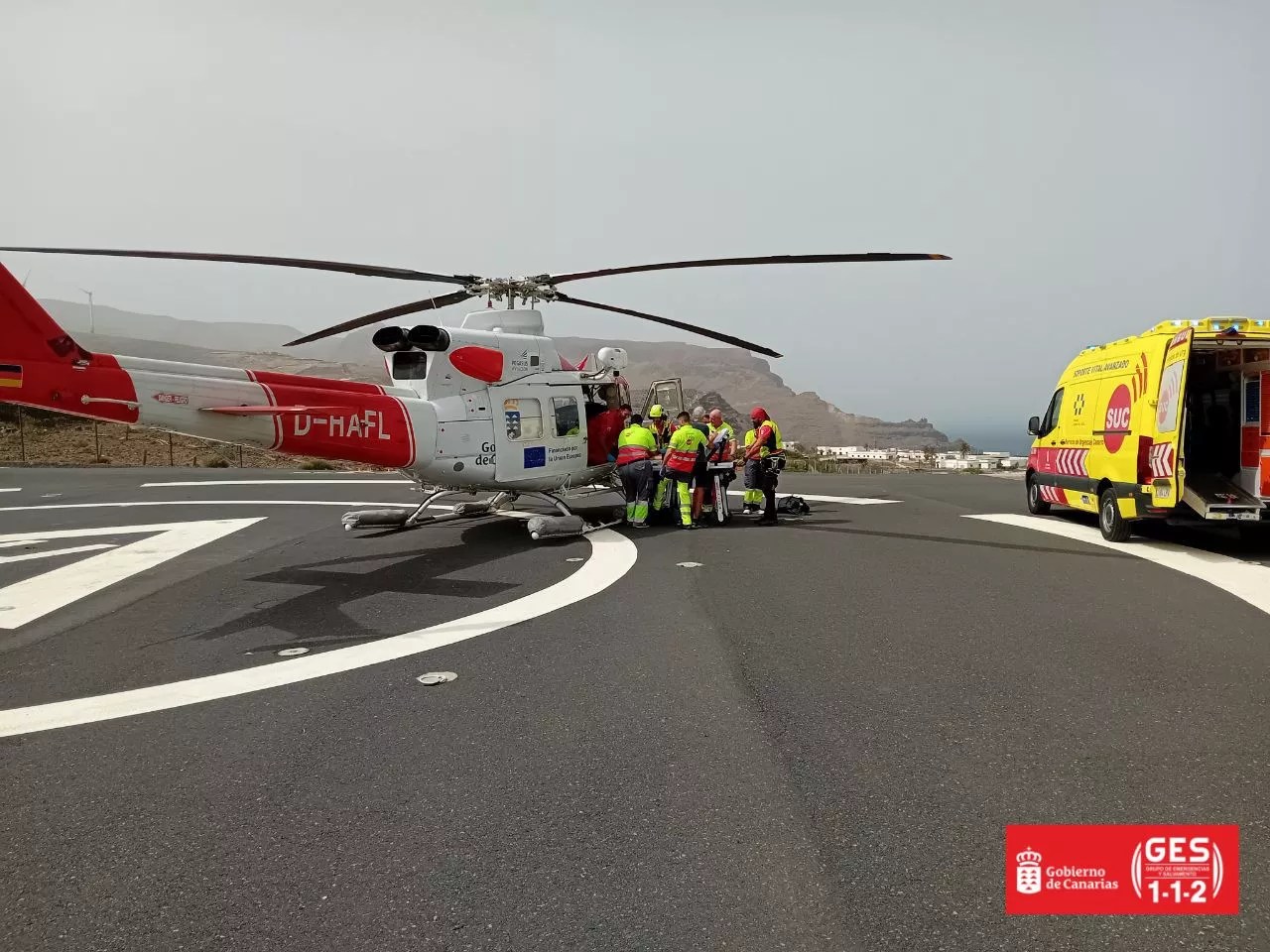
I have known at least two barefoot writers, Gabriel Garcia Marquez and Juan Marse. That is to say, people who portrayed themselves, writing or at home, without shoes, without sandals, with nothing on their feet and, furthermore, in both cases, in Gabo’s and also in Juan’s, with their hands clutching their heads like if they were to escape the nouns. Both, by the way, they were more than nounsalthough it is true that the Catalan was radical in that discipline, while the Colombian filled, for example, One hundred years of solitude of qualifiers that seemed storiesto get by with the sobriety of the language in an equally memorable book: The colonel has no one to write to him.
I met them both in Barcelona, a few years apart. But it is curious (only for me) that I met Gabo at his house on Caponata Street, where he lived in 1970, almost at the same time that he came into my hands. Last afternoons with Teresa, that I read while I was falling in love with a girl who declared her heartbreak to me just when I was in the middle of such an extraordinary novel. She told me that she didn’t love me, we were in a convertible (like Teresa’s in the photograph by Oriol Maspons on the first cover of Seix Barral!) And, caught up in the will of broken love, I threw the book until it hit a puddle which turned him into a rag.
That night, moreover, it was raining cats and dogs in La Laguna, Tenerife, where I was studying, so I preserved the remains of the shipwreck of Marsé’s book as if it were gold, and I saved it. I did not save that night other than Last evenings with Teresa that, fatally injured, survived the remaining shipwrecks of my life and one day it came into the hands of Marsé himself, who stamped a dedication that I do not forget on one of the pages that had been dragged through the mud.
I met Marsé very soon after, in Barcelona, when he still seemed to me the pijoapart, well in that book all the male characters seemed like Marsé to mejust as at one time I felt that all the young male beings I saw in the town square looked like Gonzalo Suárez when, as a sports reporter, he called himself Martín Girard.
Juan was a very handsome young man, quiet and even hesitant, until he heard any stupid thing and then he gave looks that seemed part of his literary nouns. Very soon, as a journalist, I agreed to him, I asked him questions that he answered with the sobriety of a card player, and once, in addition, I made him a survey about money. He answered me in writing, with a supreme ability to say in four words what someone else would say in half a page, and he later asked me for an account because two or three lines were missing from what he said. Quick as he was, he demanded that he restore what had been said, and I immediately did so, in Five days, who then asked me for collaborations of that type.
He was an extraordinary man, not just a writer whose entity far exceeds the Spanish average. Perhaps the nature of his genius has not yet been sufficiently said, because to the everyday, that is, to those who are everyday in life and do not appear arrogant, people it takes him to recover because of the quality of his prose or, in general, because of the importance of what he has done.
We are as if Marsé had not leftas if he were still looking at that donkey who was with him at his table until the last moment, and he was going to get up, barefoot, messing up his hair even more, to pick up from anywhere a piece of paper that would help him complete a story or, perhaps, a novel so essential, so deadjectivized, as, for example, One day I will return. That burrito, by the way, still exists, it is jealously guarded by someone I know and who doesn’t want to say why such an important amulet is in his hands.
Now they have been fulfilled, on July 18, what an irony for that true red that was Marsé, two years after his death. And that sad stroke of blood that is death, which was his death on that date, has passed like a centipede through the sore and forgetful memory of the time. We love Marsé so much, we have loved him so much, his literature is so healthy, it is so true, that it would deserve now and whenever, in addition to a portrait in history, it was a street, a monument in Guinardó, for example, a school or a huge book that would announce in Barcelona that the one who best told it was born there, the one who made fiction his reality.
We love Barcelona so much loving Juan Marsé, that barefoot boy who always walked towards the sea with his hands in his pockets whistling As time goes by.
















